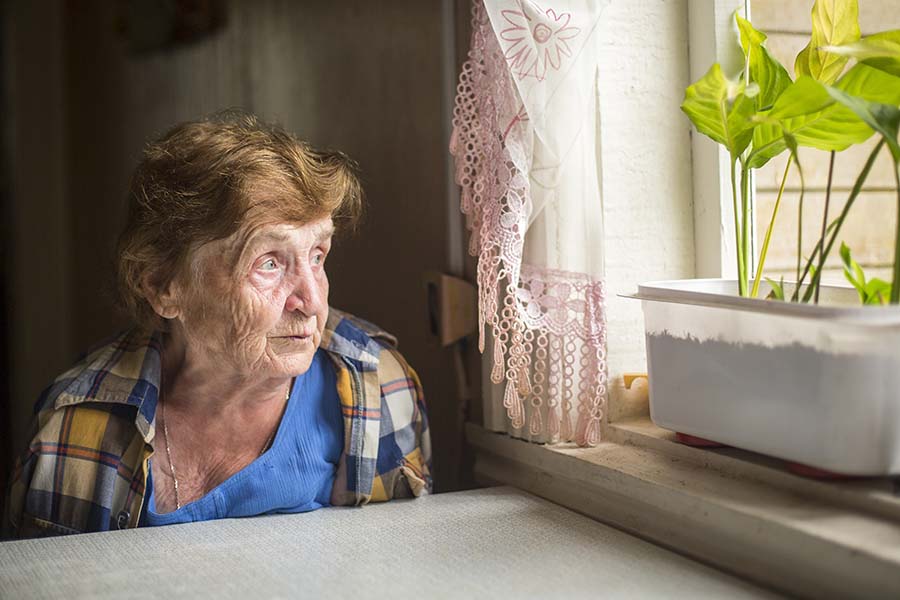The same isolation that is keeping seniors safe during the pandemic is also making them easier targets for scammers, reports WKYC in a news report “Northeast Ohio family warns of elder financial exploitation during the pandemic.” While this report concerns a family in Ohio, seniors and families across the country are facing the same challenges.
Two brothers enjoyed spending their time together throughout their lives. However, for the last three years, one of them, Michael Pekar, has been trying to undo a neighbor’s theft of his brother Ronnie’s estate. A few months before Ronnie died from cancer, a neighbor got involved with his finances, gained Power of Attorney and began stealing Ronnie’s life savings.
The money, more than a million dollars, had been saved for the sons by their mother. Pekar went to see an attorney, who helped uncover a sum of about $1.6 million that had been transferred from Ronnie into other accounts. A civil complaint was filed against the woman and $700,000 was eventually recovered, but nearly $1 million will never be recovered.
How can you prevent this from happening to your loved ones, especially those who are isolated during the COVID-19 pandemic?
An elderly person who is isolated is vulnerable. Long stretches of time without family contact make them eager for human connection. If someone new suddenly inserts themselves into your loved one’s life, consider it a red flag. Are new people taking over tasks of bill paying, or driving them to a bank, lawyer, or financial professional’s office? It might start out as a genuine offer of help but may not end that way, elder lawyers say.
The possible financial abuser does not have to be a stranger. In most cases, family members, like nieces, nephews or other relatives, prey on the isolated elderly person. The red flag is a sudden interest that was never there before.
Changes to legal or financial documents are a warning sign, especially if those documents have gone missing. Unexpected trips to attorneys you don’t know or switching financial advisors without discussing changes with children are another sign that something is happening. So are changes to email addresses and phone numbers. If your elderly aunt who calls every Thursday at 3 pm stops calling, or you can’t reach her, someone may be controlling her communications.
According to the CDC, about one in ten adults over age 60 are abused, neglected, or financially exploited.
Be sure to check in more frequently on elderly family members during the pandemic because increased isolation can lead them to rely on others, making them vulnerable to abuse.
Reference: WKYC (Nov. 19, 2020) “Northeast Ohio family warns of elder financial exploitation during the pandemic.”



